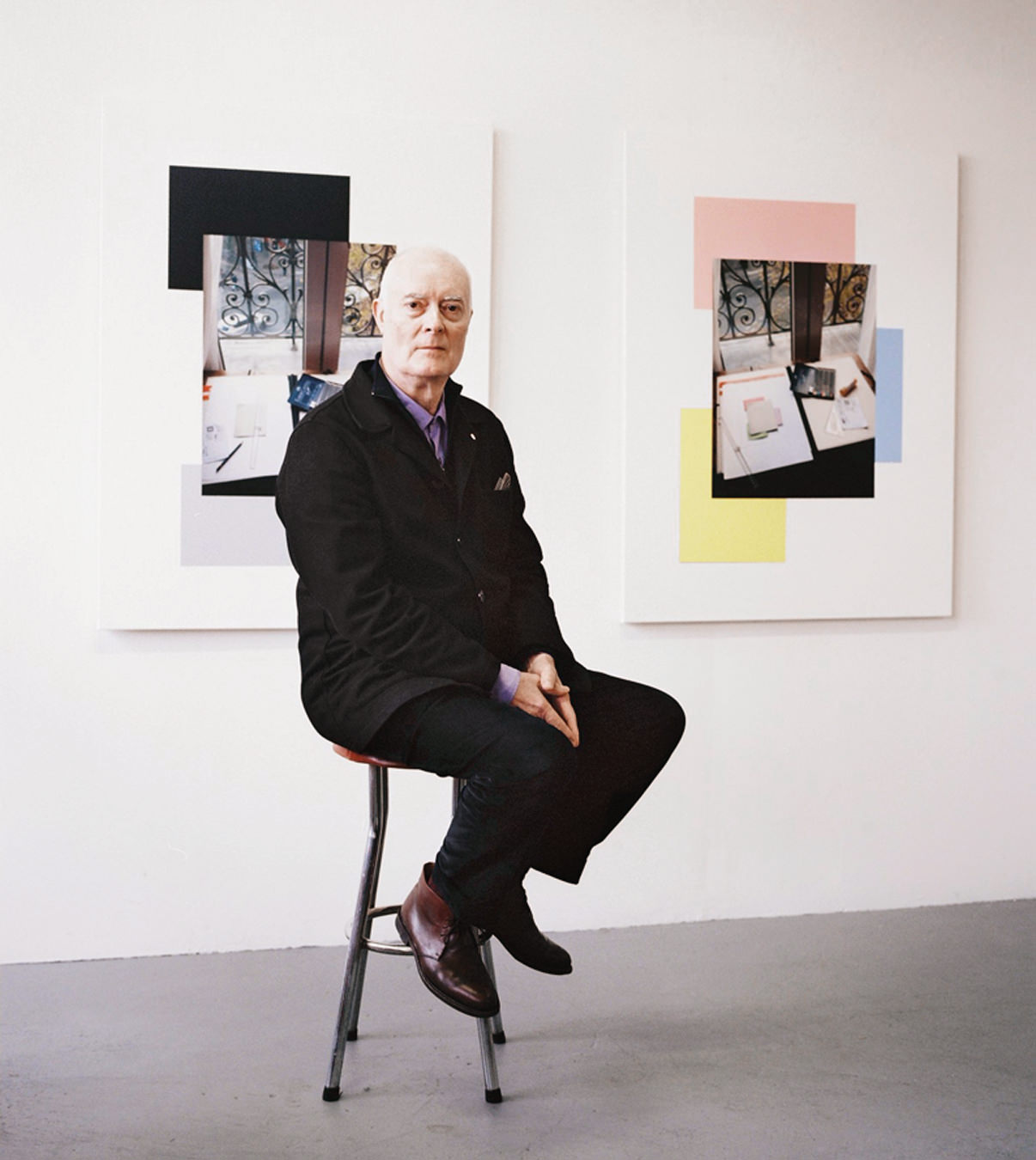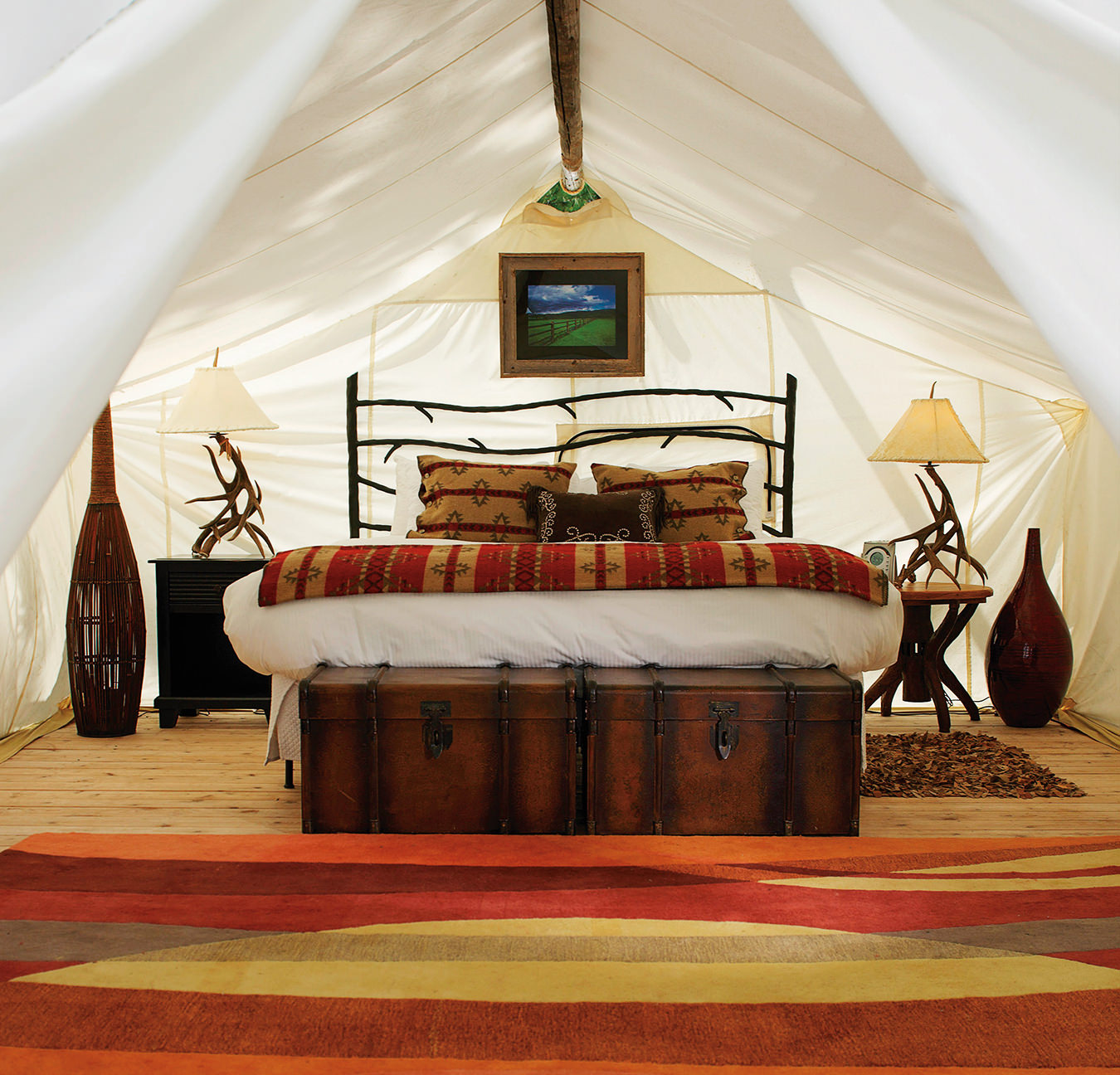Celebrating Pan-African Fashion With Kali Works
In the East African language of Kiswahili, kali has a lot of meanings, but it’s the slang use of the word to describe something that’s hot or dope that inspired Kali Works to take on the name for the pan-African boutique. Based in Montreal and founded in 2019 by Kenya-born Alex Dingiria and Lindani Mokgweetsi in Vancouver, Kali Works pays homage to the collective identity of Africans through fashion. Their products and designs, rooted in specific African histories and motifs, are the result of collaboration with local makers across the continent.
Kali Works was born out of Dingiria and Mokgweetsi’s search for Kenyan fashion items while living in Vancouver. “Our fashion is distinct—you can only sort of get it in Africa,” Dingiria says. “We couldn’t find what we were looking for in Vancouver, so we started trying to get stuff made in Kenya and other African countries and sell them here.” They connected online with artists in Kenya to create products that could be sold through a new brand: Kali Works.
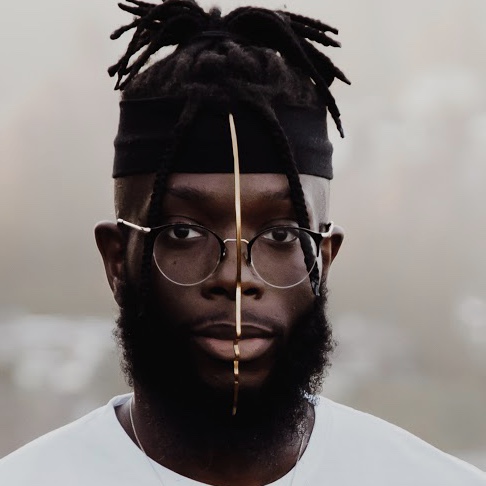
The Uso Nuso face piece. Photo by Ally Pintucci.
Now, the brand continues to grow, and the founders have transitioned to creating pieces with communities from the African diaspora living in Canada, calling this new collection the Diasporadic Series 01. It’s a collaboration with Vancouver-based artist Sade Alexis and is a tribute to the role Black women have had in community storytelling. It’s the first in a continuous series, Dingiria says.
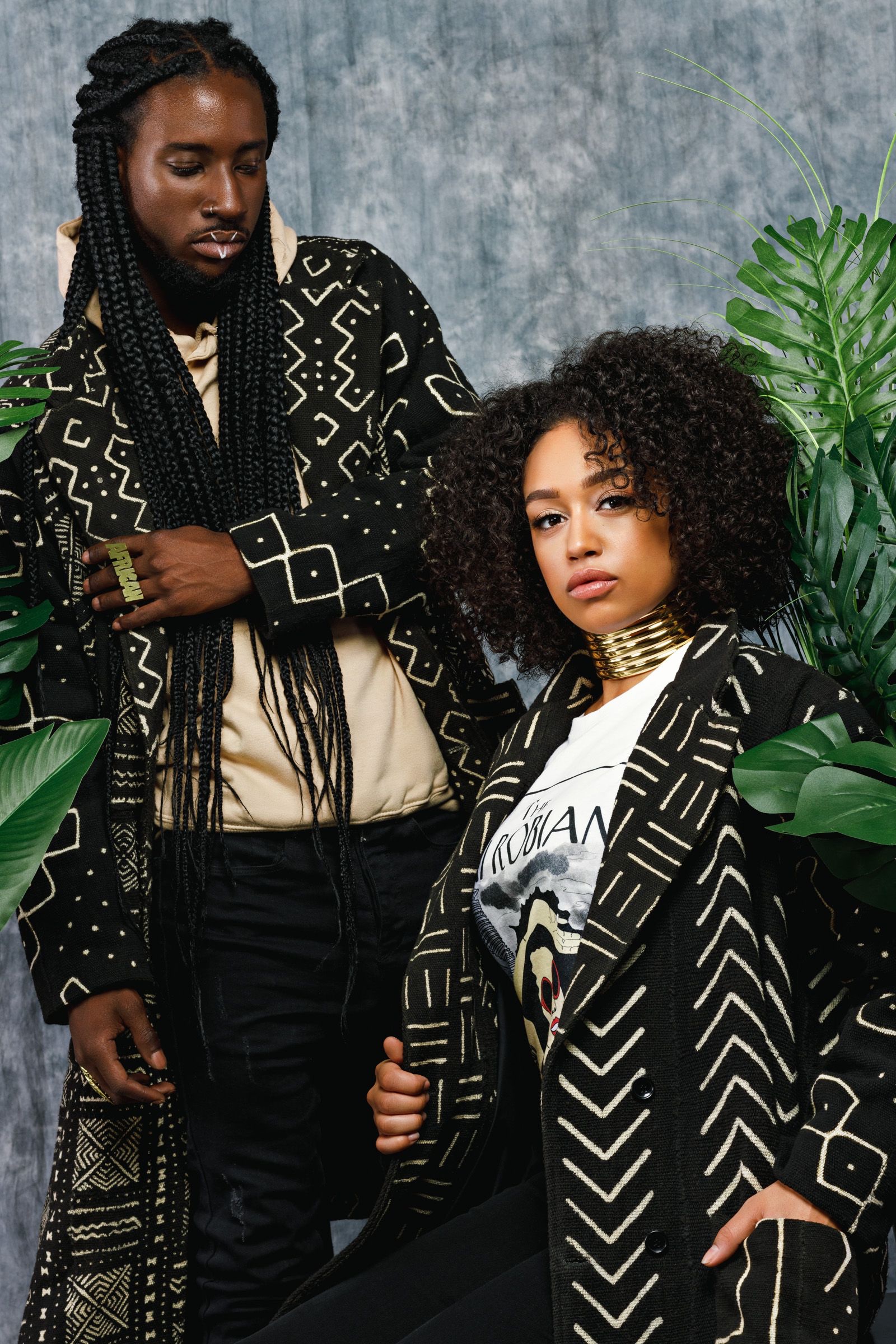
Bogolan jackets paired with pieces from the Nairobian collection. Photo by Ben CK.
Collections like The Nairobian allude to the founders’ Kenyan heritage by playing on the iconic New Yorker magazine cover, placing the capital city on the map as a global hub for artists and intellectuals. It’s an ethos threaded throughout Kali Works’ various collections: asserting Africa’s modernity. “We come from a place of rich culture which is still continuing to evolve,” Dingiria says. “[The culture] is still alive, not just dead in a museum.” Statement pieces like the Uso Nusu face piece—a brass accessory to be worn down the length of your face—reference the traditional while pushing fashion forward.
While Kenya is close to the heart of the founders, they still regard Kali Works as a pan-African boutique that celebrates both the individual and collective. The Bogolan collection, for example, is a tribute to bògòlanfini (or bogolan), a mudcloth fabric originating from Mali and popular in West Africa. Kali Works’ series of six Bogolan jackets—each with a unique design—were made with authentic bogolan fabric handmade and dyed in Senegal.
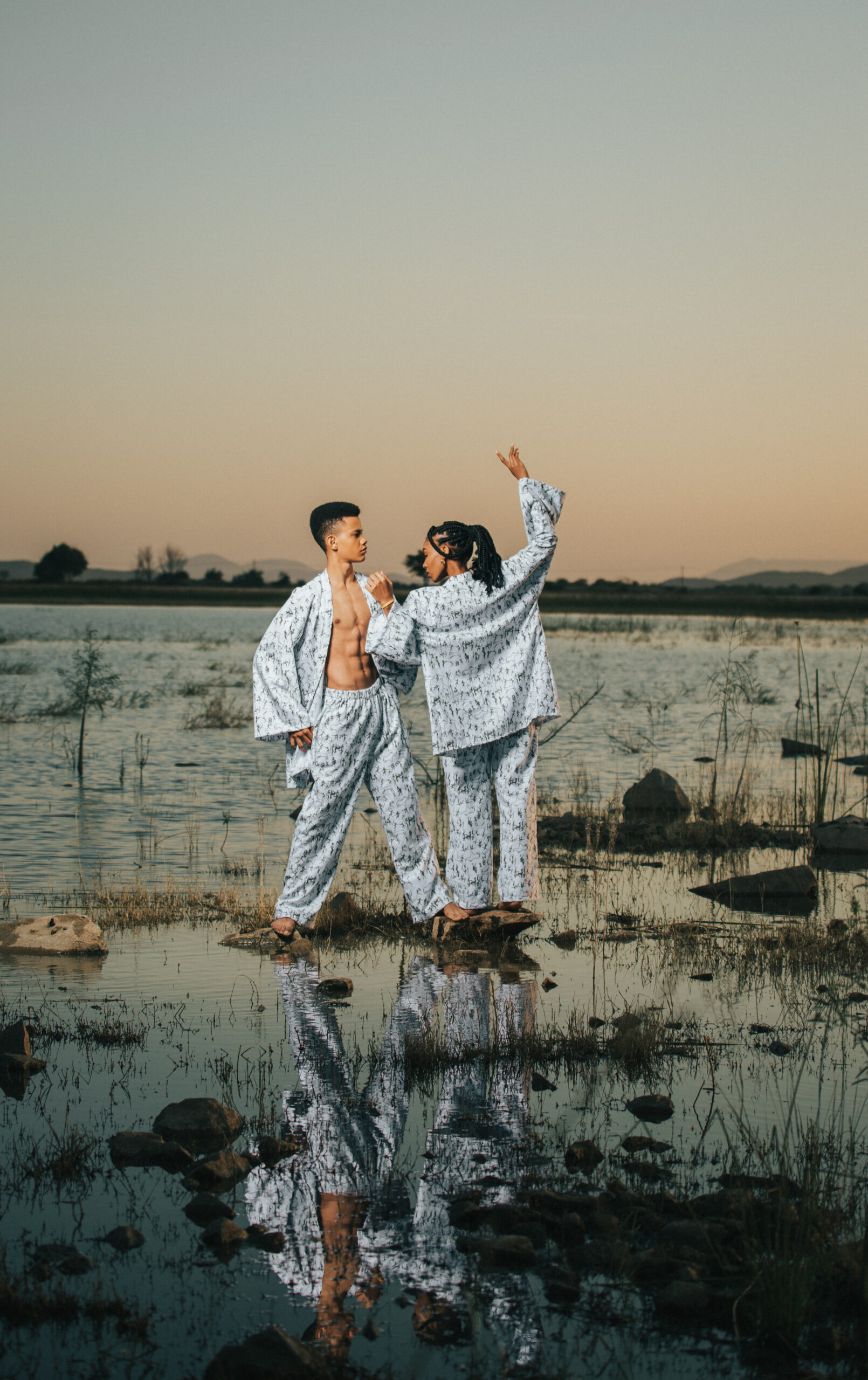
The cave painting loungewear collection.
Likewise, Kali Works’ latest collection, a loungewear series inspired by cave artworks found in Tsodilo Hills, was handmade in Botswana by local artisans. The designs mimic the ancient drawings said to be created by the San people, the oldest tribe in Africa.
When creating pieces that have a specific history with certain terroirs and cultures, the founders aim to be as authentic as possible, including creatives from that location (or part of the diaspora) in the process, from ideation to marketing. Mokgweetsi explains that both the Bogolan and cave painting campaigns feature models and photographers from West Africa and Botswana respectively, for example.
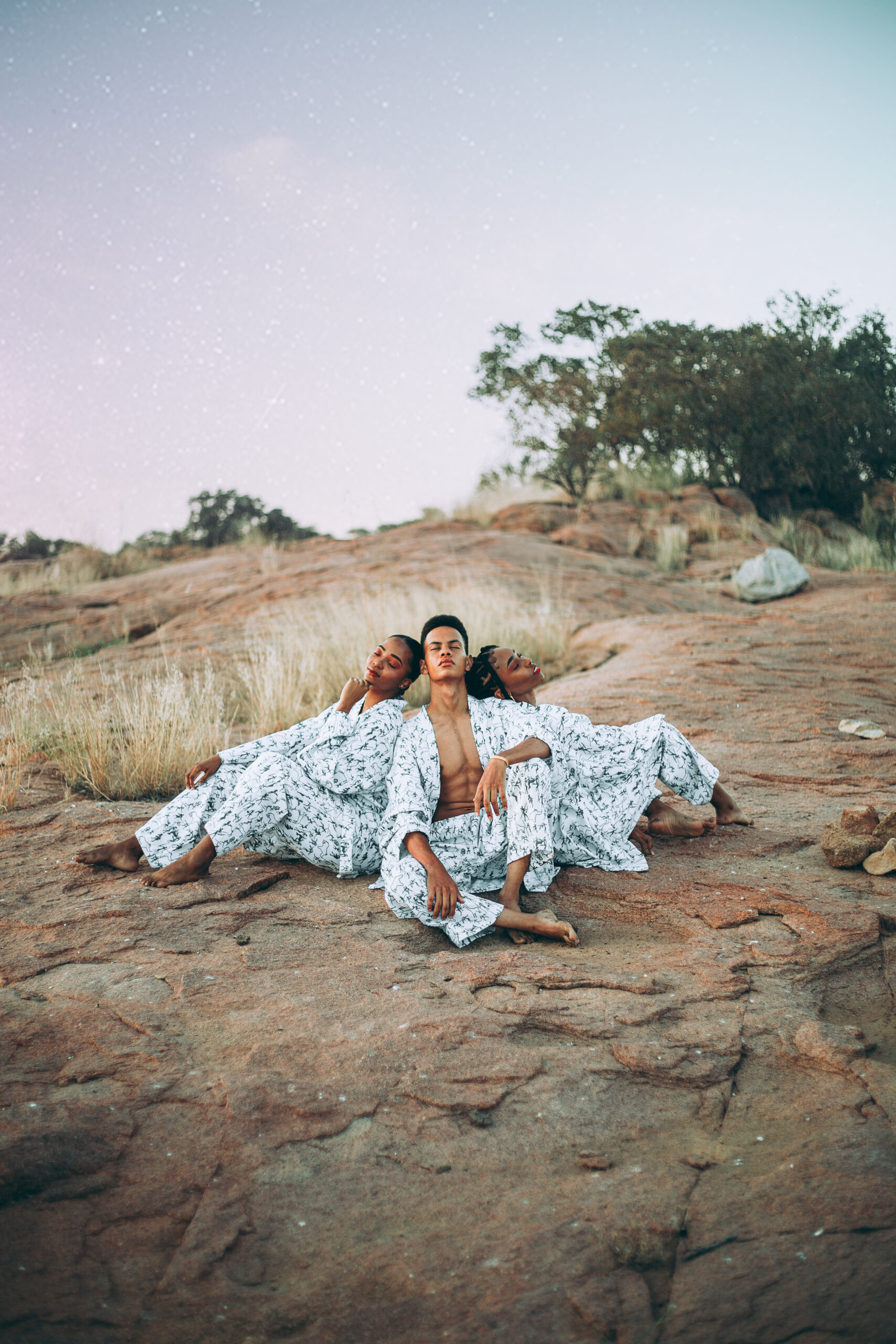
The cave painting loungewear collection.
It’s an important effort that recognizes and respects the source culture of materials and designs, and the founders encourage their customers to learn about the histories behind their products, whether they are from that culture or not. “Kali Works is a great expression of cultural appreciation,” Dingiria says.
“When we first started, we did get a lot of Canadians, [say] ‘I’m not African or I’m not from that culture, so I feel like I’m appropriating,’” Mokgweetsi says. But Kali Works products and designs are both a celebration as well as a source of education of African culture, for all interested to learn. “We’re letting people know that [Kali Works] is more of an educational thing. You’ve learned something about a tribe or a country in Africa [through our products], and if you like it, you appreciate it, you’re not trying to Westernize it,” she says.
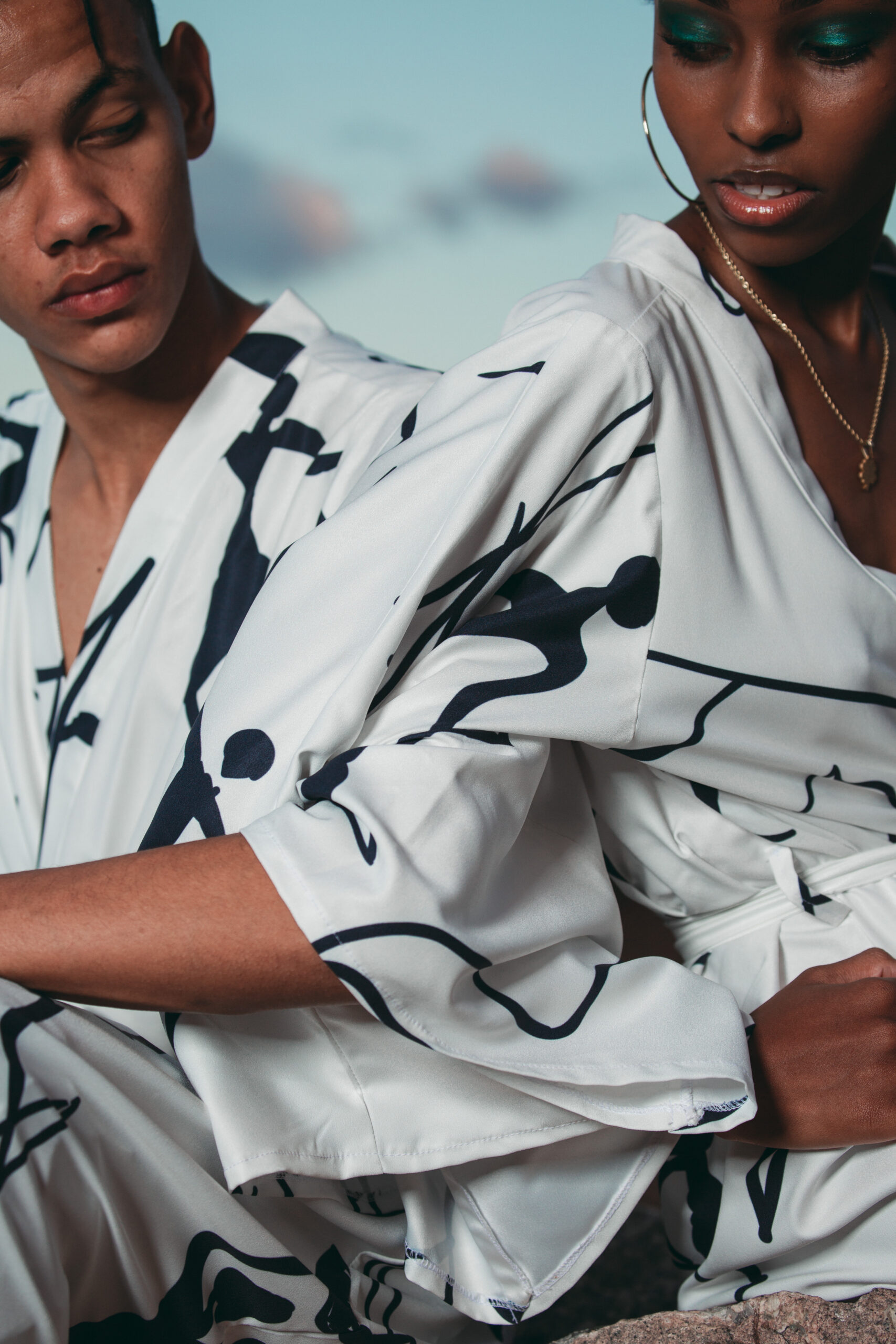
Detail of the cave painting loungewear collection.
After an initial uptick in attention after last summer’s broad efforts to support BIPOC-owned businesses, Dingiria and Mokgweetsi have come to appreciate meaningful and genuine interactions with consumers. “We really want to be able to understand why they were doing what they were doing, not just purchasing because [they] want to support a Black business but [want to] understand what the product means… Some people would chat [with us] after their purchase or ask how to take care of certain products so that’s what we really enjoy, that type of interaction, when people ask the right type of questions,” Mokgweetsi says. “We definitely appreciated people who were willing to learn.”



